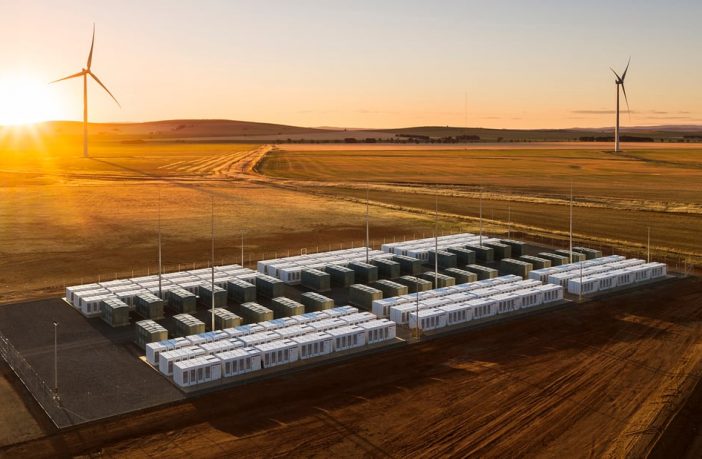- While the costs of renewable generation are declining, there is concern about the intermittence of the total output derived from renewable sources.
- When the deployment of renewable energy is coupled with Battery Storage, a new dimension emerges where utilities are able to compete on a level playing field with conventional electricity power plants.
- Energy storage remains a flexible, scalable and efficient solution.
On the 4th April 2018, South Africa’s Energy Minister, Jeff Radebe, signed a further R55.92-billion in contracts with 27 independent power producers, expected to add 2300 MW of electricity to the South African national grid over five years. This commitment to develop renewable energy projects, places emphasis on progressing renewable energy programmes.
Various African countries have also made headway with their respective Renewable Energy Programmes and will be presenting their renewable energy project development opportunities at the Africa Energy Indaba, to attract investors, financiers, EPC contractors, etc.
The International Energy Agency (IEA) predicts that by 2035, developing nations will constitute 80% of total global energy production and consumption alike. A greater portion of this new generation will be derived from renewable sources in response to adhering to international policies for cleaner energy.
While the costs of renewable generation are declining, there is concern about the intermittence of the total output derived from renewable sources. This means that the renewable energy source used will not be continuously available for conversion into electricity and cannot be controlled directly as the used primary energy cannot be stored. To this end, sources cannot be dispatched to meet the demand of an electric power system.
The energy grid must provide a balance between the load and generation, but with such varying levels of electricity production from renewable sources such as wind and solar, this balance is challenging to sustain, and this very reason represents one of the biggest challenges to the power sector.
However, with the advent of a revolutionary concept known as Battery Energy Storage System (BESS), these intermittency concerns have been somewhat appeased as they enable the effective utilisation of these renewable sources. The Battery Energy Storage System (BESS) is a system that stores energy using a battery technology so that it can be utilised in the future.
By merging storage and renewable energy, the total output is far less intermittent, thereby solving balancing and system reliability concerns. Grid scale battery storage can promptly become operational thereby assisting with time shifting, spinning reserve, frequency regulation and load following.
When the deployment of renewable energy is coupled with Battery Storage, a new dimension emerges where utilities are able to compete on a level playing field with conventional electricity power plants. Furthermore, energy storage remains a flexible, scalable and efficient solution.
Moreover, in an exclusive interview with Dr Christoph Frei, secretary general of the World Energy Council, he asserted that “Digital solutions help energy systems to be more effective in different ways, such as assisting in managing the intermittence issues of renewables.” Digital technology lends itself to overcoming intermittence issues in renewables such as intelligent data systems that empower network operators to manage large volumes of intermittent solar, wind and other renewable power, and support more distributed power producers. Building a database that represents a digital replica of the physical plant can create analytics that can prompt service and maintenance functions, prior to issues even occurring.
As renewable energy contributes an increasing proportion of energy to the grid, more sophisticated, accurate, and effective means for predicting power levels must be created to efficiently use the energy being produced. Failing this, the task could become very expensive, and hinder the success of renewable energy in its constant effort to replace fossil fuels as the main source of energy generation in Africa.
Solving the intermittence issues of renewables, the advancement of energy storage, amongst various other topics, will form a central theme at the upcoming Africa Energy Indaba. Well-versed industry experts will openly share their knowledge and experience of renewables with attendees, an opportunity not to be missed by anyone wishing to keep abreast of the fast-paced energy sector.
The Africa Energy indaba will be held next week from 19 – 20 February 2019 at the Sandton Convention Center, Johannesburg, South Africa. View programme
Are you interested in attending? Let us know
Author: GBA News Desk
Source: Africa Energy Indaba















